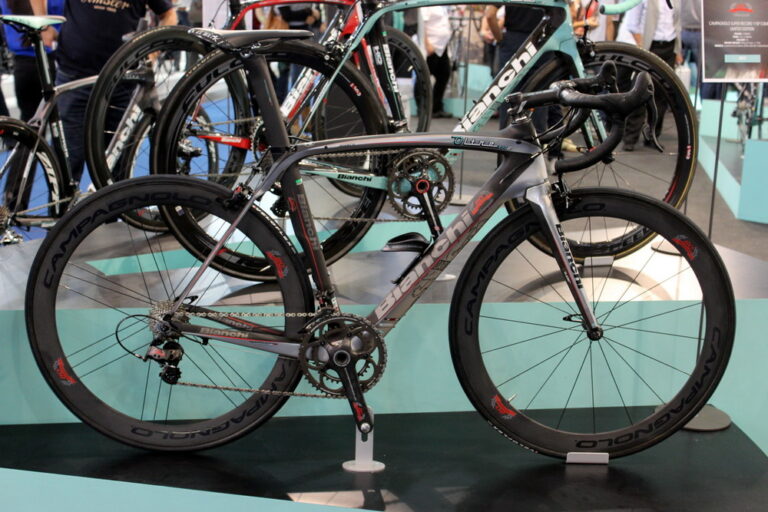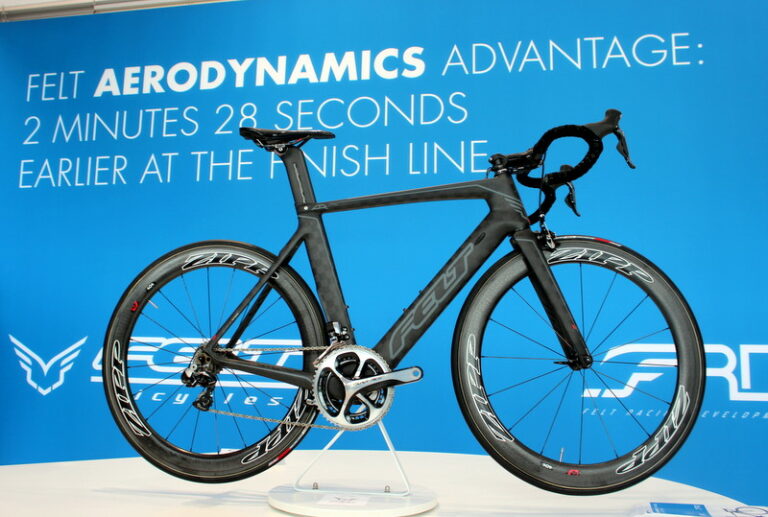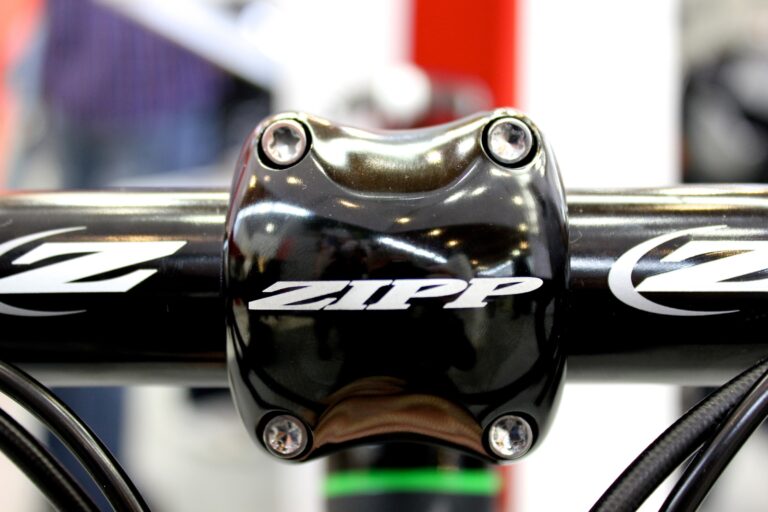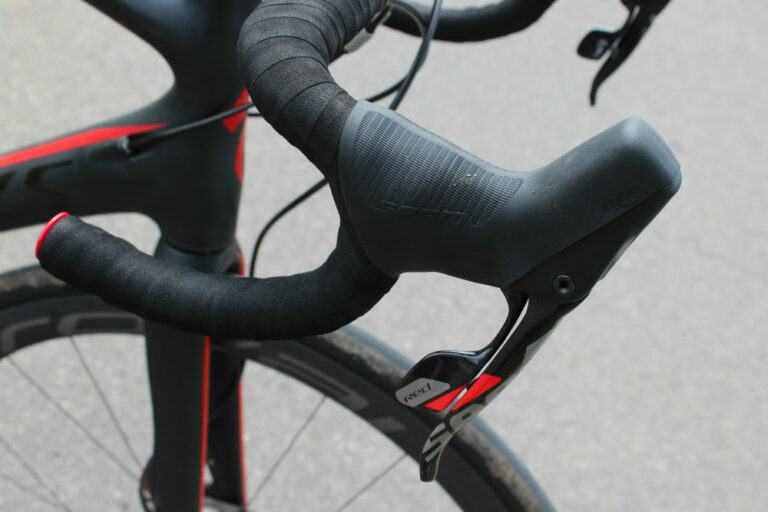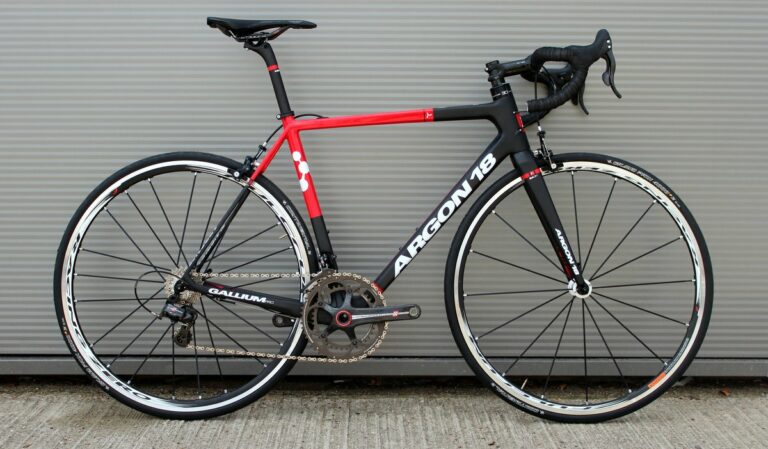Cycling in the UK has experienced so many unprecedented highs in the last five years that the following declaration may seem little more than another drop in the tide of hyperbole that now routinely washes over the sport, but, heck, we’ll say it anyway: this weekend’s RideLondon event has the capacity to change cycling in this country forever.
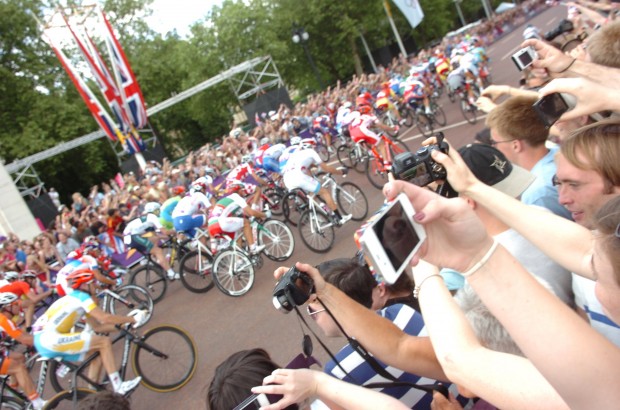
Another wildly ambitious statement? Over-reaction? More fanaticism from a supporter of a once-marginalised sport now basking in the glare of publicity? Not so. Withhold your cynicism dear reader and consider the possibilities offered by a festival of fun rides, pro racing, the biggest sportive ever seen on these shores, and live television broadcasts. Tipping point? This could be it. Consider:
Cycling’s London Marathon?
The sportive phenomenon is well documented. While its defenders and critics may never agree, one thing is certain: it’s here to stay. Put simply, sportives are the type of riding most people do, and in far greater numbers than race, for better or worse. Until now, however, the movement in this country has lacked a signature event. The RideLondon-Surrey100 will change that. How? By sheer weight of numbers (50,000 entrants for 20,000 places), by the unique selling point of the route’s connection to the 2012 Olympic road races, and, most importantly, by live broadcast on national television.
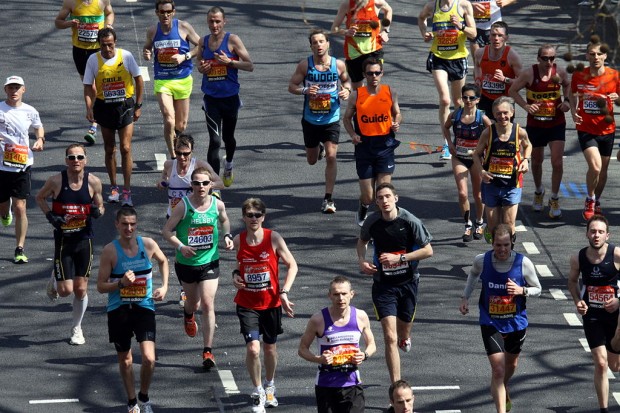
Television coverage of the London Marathon inspires thousands of viewers to sign up for the following year, every year. While the continued success of Britain’s elite riders has been an undeniable driving factor in cycling’s incredible rise in popularity, many would-be cyclists rightly look upon the achievements of Wiggins, Froome, Cavendish et al and think ‘that’s beyond me’. Contrast with the equal focus of the marathon’s coverage between the likely winners and those running for a sense of personal achievement. Cycling has not yet had an event to inspire people watching at home to point at their television screen and say, ‘This time next year, that’s going to be me’. This Sunday, it will.
A race fit for the WorldTour
How many races in their first year can command the presence of Peter Sagan, David Millar, John Degenkolb et al? Two winners (Gerald Ciolek and Matt Goss) of the last three editions of Milan-San Remo, a 106-year-old Monument Classic, have also made the trip to London for a 220km tear-up from the Olympic Park to the Surrey Hills.
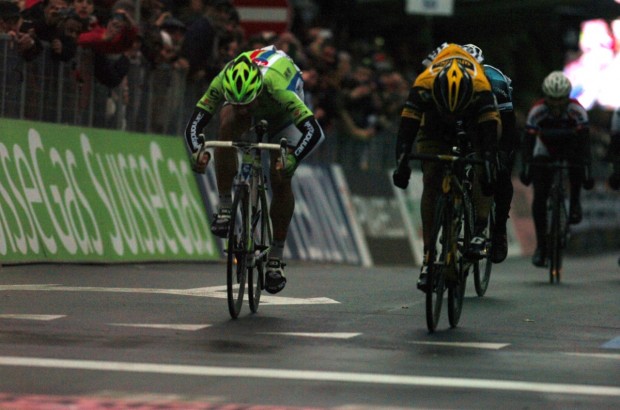
The Tour de France has been impatient to return to London and will grace the capital’s streets with its presence next July for the second time in just six years. How long then before the RideLondon-Surrey Classic takes its place on the UCI WorldTour calendar alongside the world’s greatest races? Five years, we’d say. Maximum.
Golden girls
Women’s racing has been made a political football in recent weeks by the usual crowd of vote chasing, bandwagon jumpers but on Saturday, at the RideLondon Grand Prix, it will return to the hands of those who matter – the riders.
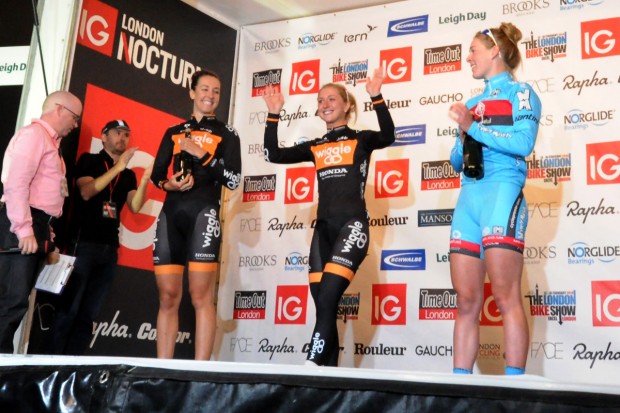
The last time the capital hosted an elite women’s crit race, the top teams produced a thriller, with Hannah Barnes and Laura Trott going wheel-to-wheel in the final metres of the IG London Nocturne, delivering a nerve-shredding finish and a healthy dose of post-race controversy that saw Barnes belatedly crowned the rightful winner. Saturday’s field is still more impressive. Expect fireworks in St James Park.
A race to stop traffic
The sheer scale of RideLondon will see major roads in and around the nation’s capital closed to traffic. Pause and consider. The motorist will not be king, this weekend at least. Some 50,000 cyclists are expected to ride an eight-mile, closed road loop in central London on Saturday, and a further 20,000 will ride from Queen Elizabeth Olympic Park to the Surrey Hills and The Mall on Sunday. Drivers expecting to use major highways like the southbound section of the Blackwall Tunnel and Tower Bridge will be – brace yourselves – forced to use other modes of transport.
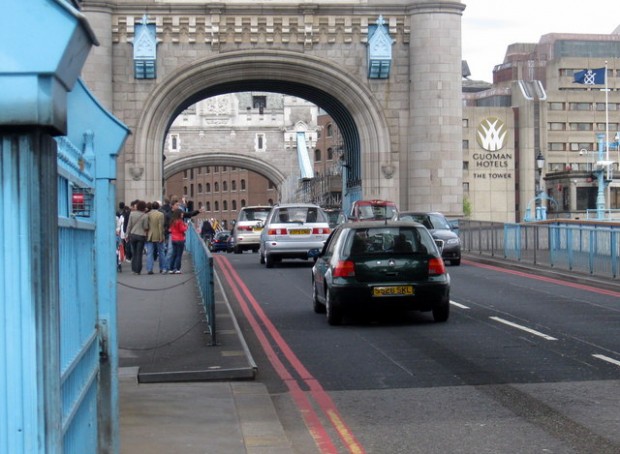
Politicians (yep, them again) seem finally to be grasping the necessity – logistical, political and economic – of accommodating cyclists. Boris Johnson, unfailingly self-aggrandising, has spoken of his hopes that London will become a “cycling paradise” this weekend, and of a desire to create “mini Hollands” across the capital, with £930m set aside to support his ambition. The reality of cycling in the city is far from paradisaical at the moment, but an event on the scale of RideLondon could reinforce the political will to make it such, and, crucially, will offer Londoners a glimpse of how their city might appear without traffic.
Grand designs
RideLondon, with its mix of fun riding on traffic-free roads, a mass participation challenge ride of the sort thousands of people tackle every weekend, and elite races that will showcase Britain’s world class sporting talent, could be another significant driver in turning Britain into a nation of cyclists by virtue of bringing together these often disparate aspects of cycling.
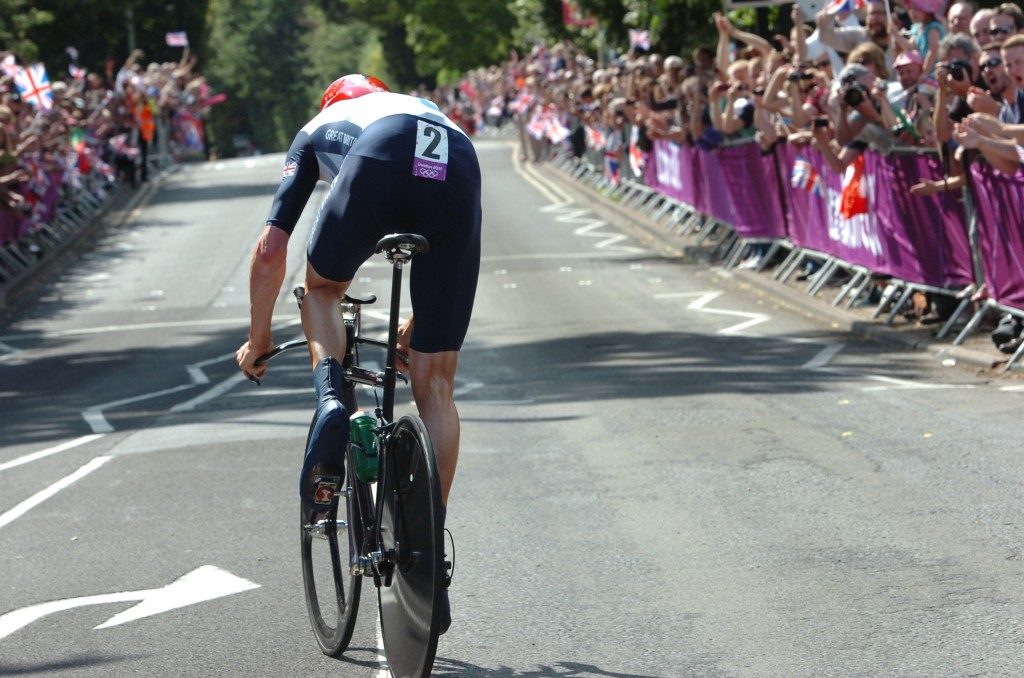
The connection between the elite riders of which the nation is justly proud and the need for safe roads for the rest of us to travel on and to enjoy in safety will be made explicit by RideLondon, intentionally or otherwise. If this weekend is the success we hope for and expect, the obvious question to be asked by the 70,000 participants and the millions watching on television will be, ‘Why can’t it always be like this?’ Politicians will need a very good answer.

